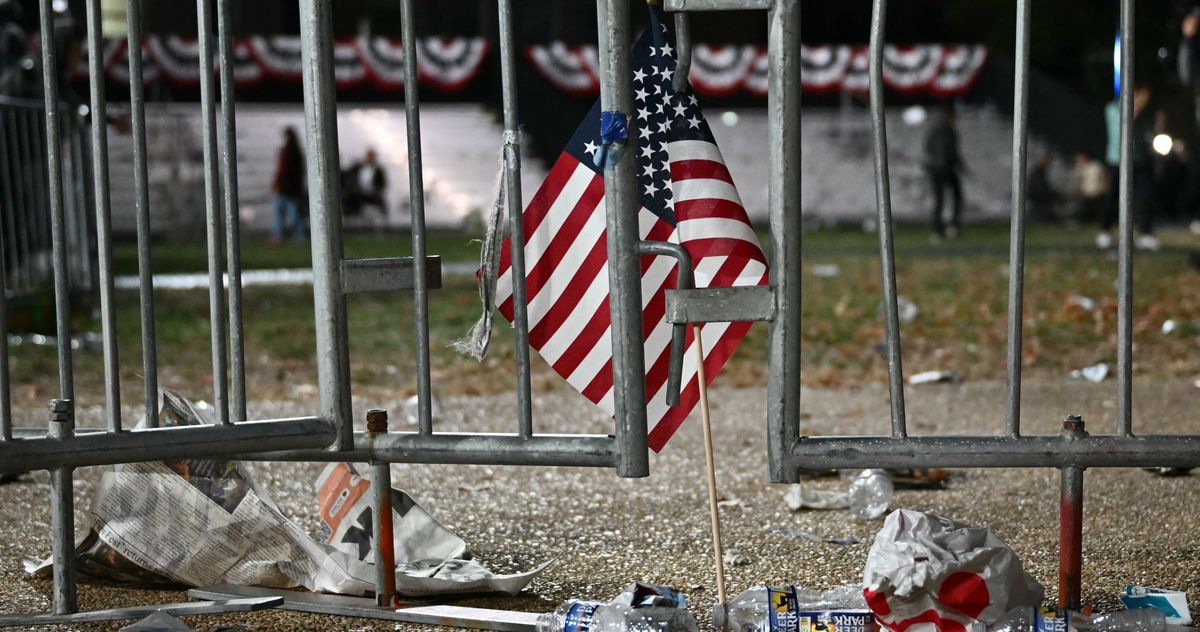The Associated Press offers a first-draft of why voters made the choice they did, including how, yes, it was the economy, stupid:
The share of voters who said their family’s financial situation was “falling behind” rose to about 3 in 10, up from roughly 2 in 10 in the last presidential election. Many voters were still reeling from inflation that spiked to a four-decade high in June 2022. About 9 in 10 voters were very or somewhat concerned about the cost of groceries, and about 8 in 10 were concerned about their health care costs, their housing costs or the cost of gas.
Trump picked up a small but significant share of younger voters, Black voters and Hispanic voters, many of whom were feeling down about the economy. Majorities of younger Black voters and Latino voters said the economy is not working well.
The economy carried more prominence than in the 2020 election, including for these groups. Four years ago, COVID-19 and racism were important issues for Black and Latino voters. But this time, they were more focused on the economy, and Trump managed to make inroads with both groups even as the majority stayed with Harris.
Trump’s nativist and isolationist rhetoric made an impact, too:
Voters were more likely to embrace hardline immigration policies than they were four years ago, which aligned with Trump’s tough approach. About 4 in 10 voters said that immigrants living in the U.S. illegally should be deported to the country they came from, up from about 3 in 10 in 2020. And while most voters said that immigrants living in the U.S. illegally should be offered a chance to apply for legal status, that was down from 2020. …
Voters were more likely than in 2020 to adopt many of Trump’s isolationist stances. About 4 in 10 voters wanted the U.S. to take a “less active role” in solving the world’s problems, up from about 3 in 10 in 2020.
And while Trump’s character and extremism were important issues for many voters, they weren’t decisive:
Nearly half of voters said they were “very concerned” that another Trump presidency would bring the U.S. closer to authoritarianism. Roughly 1 in 10 in this group voted for him anyway. About 6 in 10 voters said he is not honest and trustworthy, but about 2 in 10 in this group backed him. A majority of voters said he does not have the moral character to be president, and about 1 in 10 of those voters supported him.
